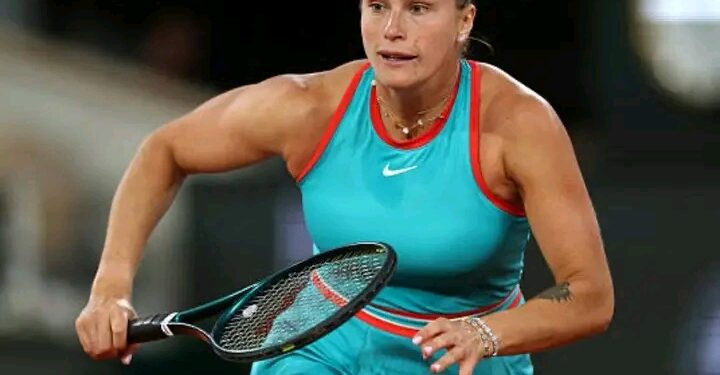World No. 3 Aryna Sabalenka is at the center of a growing controversy after multiple young players on the WTA Tour reportedly accused her of “bullying behavior,” both during matches and in locker room settings. The allegations have sparked intense debate within the tennis community, with some defending the Belarusian star’s fiery competitive nature, while others call for an investigation into the tour’s code of conduct.
According to anonymous sources cited by international tennis outlets, several up-and-coming players have complained privately to coaches and WTA officials, describing Sabalenka’s behavior as “intimidating, dismissive, and at times aggressive.” While no formal complaints have yet been filed, the chatter has grown louder following recent incidents at clay court tournaments in Madrid and Rome.
“She gets in your face with her energy and presence, and it goes beyond competitiveness,” one young Eastern European player reportedly told a coach. “It’s hard to focus when she’s shouting between points or glaring across the net.”
During a tense second-round match in Rome, cameras caught Sabalenka appearing to mock an opponent’s fist pump celebration, leading to a frosty post-match handshake. Social media exploded with debate, with some calling her actions unsportsmanlike, while others dismissed it as mind games common in elite sport.
Sabalenka, known for her powerful game and emotional court presence, has not responded directly to the allegations but did address criticism in a post-match press conference last week: “I play with passion. I’m not here to make friends—I’m here to win. If some players can’t handle that, maybe they’re in the wrong sport.”
Her defenders argue that labeling her as a bully is unfair and steeped in double standards. “If this were a male player showing emotion and intensity, we’d call it competitive fire,” tweeted former ATP pro and commentator Andy Roddick. “Let’s not punish athletes for showing personality.”
However, others believe the WTA should take the claims seriously. “There’s a difference between being intense and making younger players feel unsafe or disrespected,” said a veteran WTA coach who asked not to be named. “If these stories keep surfacing, the tour has a responsibility to look into it.”
The WTA has not issued a statement but is reportedly “monitoring the situation.” Meanwhile, younger players are being urged to speak up if they feel targeted.
As Sabalenka prepares for her next match at Roland Garros, the controversy continues to swirl—raising questions about sportsmanship, mental toughness, and whether tennis has a bullying problem it’s been unwilling to face.














